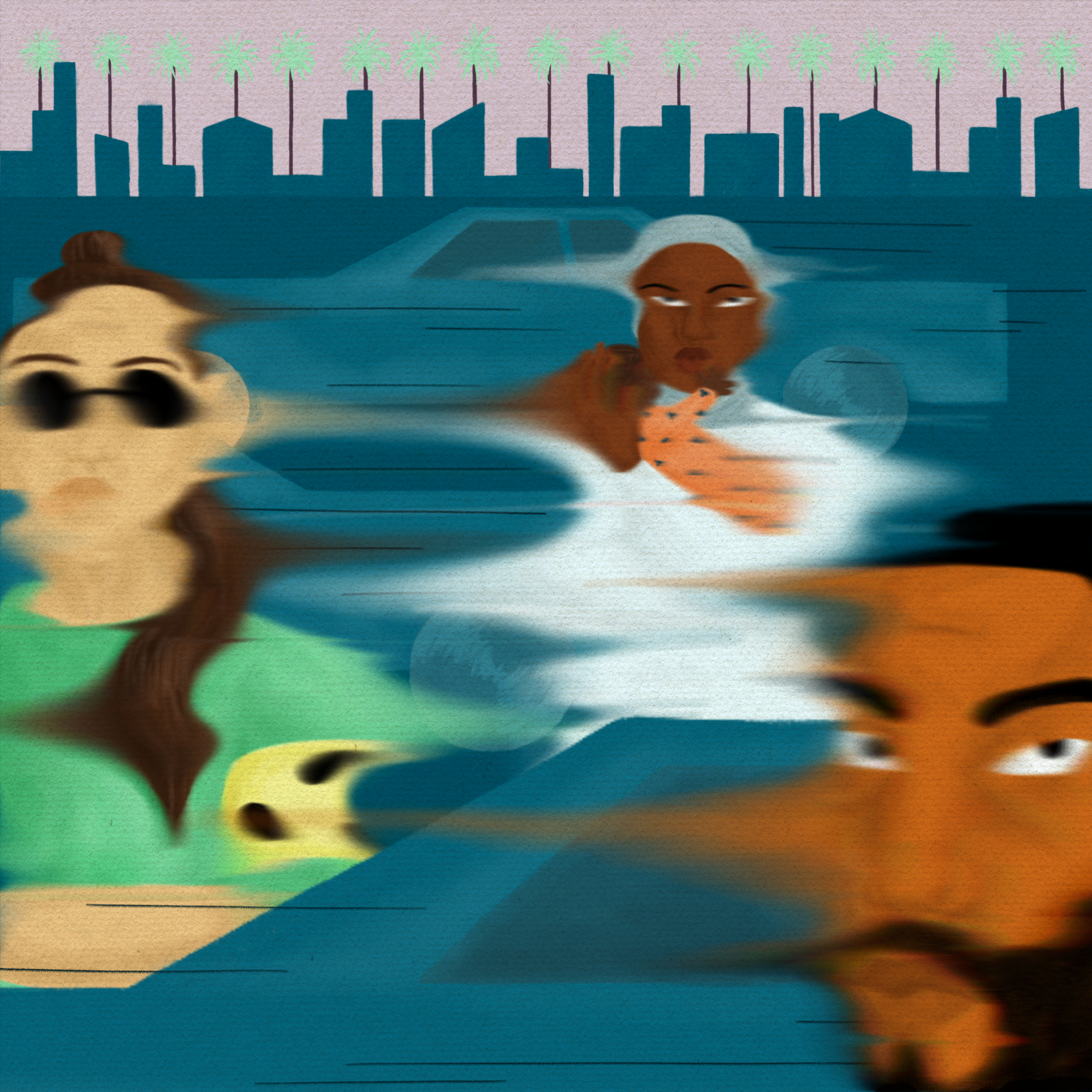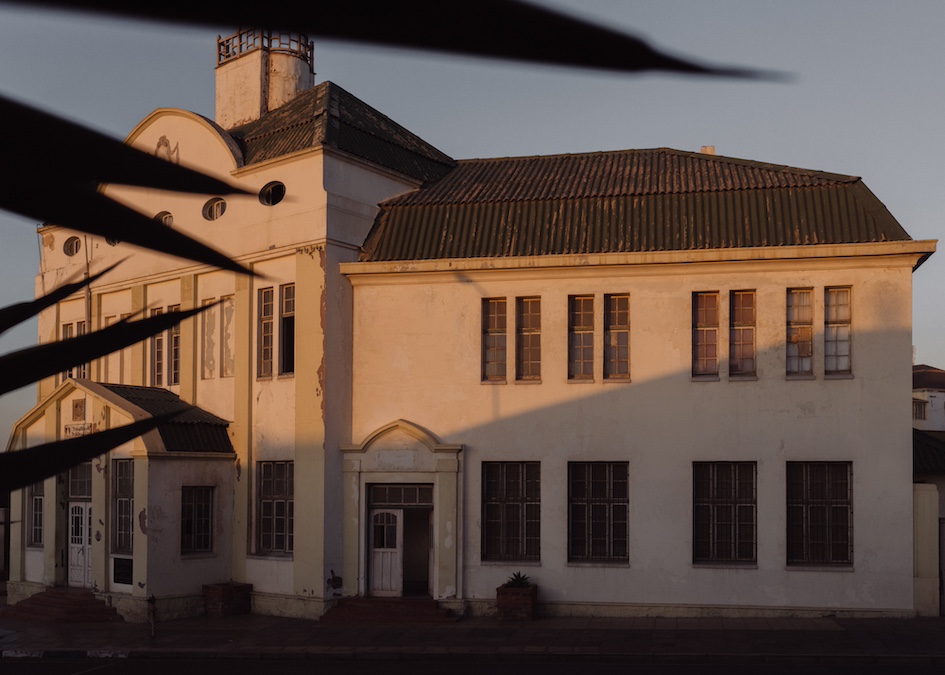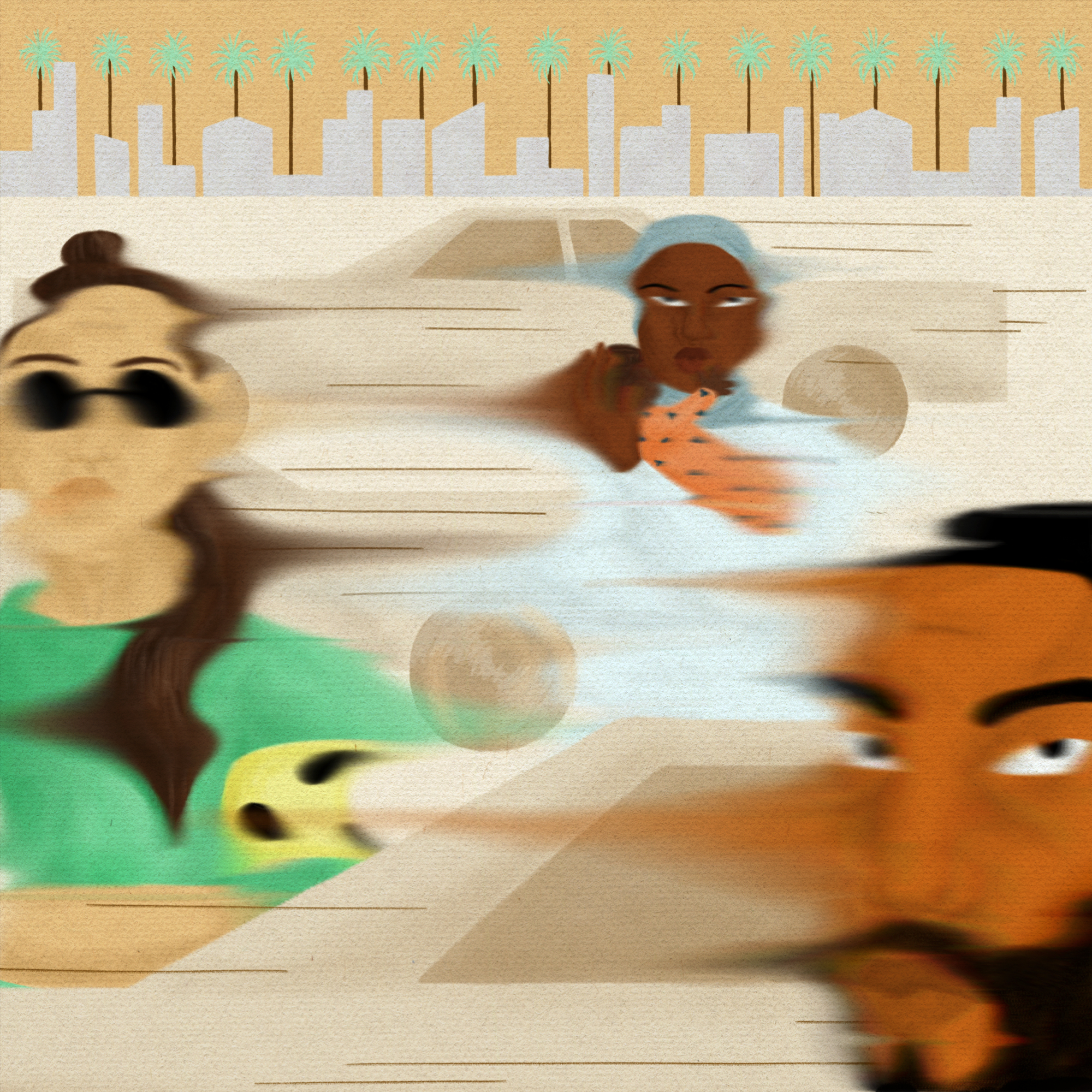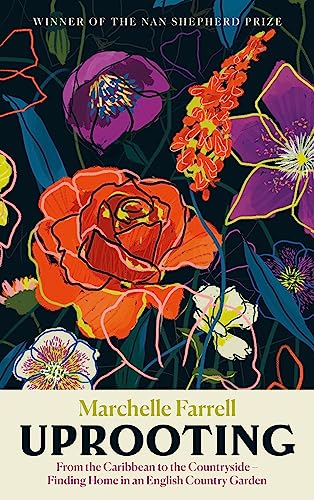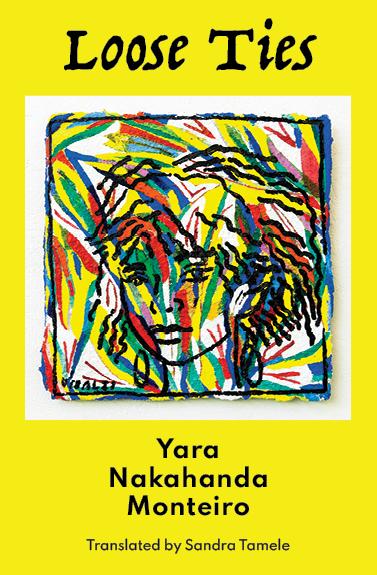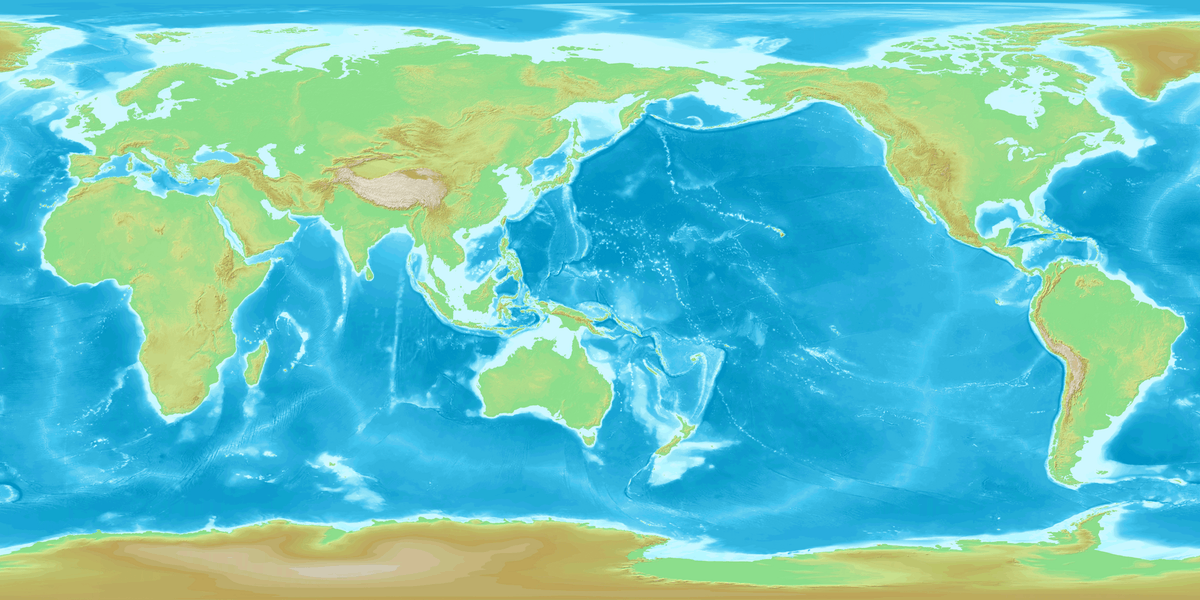Issa, who lives in Frankfurt am Main, is pregnant and desperate. The situation with her child’s father is complicated as is with her mother. No longer knowing what to do, and at the urging of her mother, she flies to see her grandmother and great-grandmother in Cameroon.
more...
If your interests lie with the postcolonial, Shakespeare might seem like an unlikely port of call. Or rather, he might seem representative of a lot of the things a postcolonial approach would be interested in working against. He could, for instance, represent what needs to be removed in calls to ‘decolonize the university’: a dead […]
more...
One of our aims with poco.lit. is to try to demystify some of the core ideas in and around postcolonial studies. Here we’ve compiled 7 introductory essays that discuss different aspects of postcolonialism.
more...
Around 12,000 kilometers apart are two places that could hardly be more different and yet share the same name: Lüderitz in the north of Saxony-Anhalt and Lüderitz in the southwest of Namibia. The two towns of Lüderitz act as a visual setting for negotiations of the past.
more...
Current power relations are the direct result of the colonial division of the world and, in particular, the organization and state of labor since the colonization of the Americas. It is why today we can no longer speak of colonialism, but of coloniality. And identifying coloniality creates an intervention.
more...
Lena Albrecht’s novel Weiße Flecken (‘White Spots’ in English) is an excellent example of a critical examination of one’s own whiteness. The novel shows how a young white woman gets the impetus to question the typical narration of German history, takes her newly acquired perspective personally and deals with the entanglements of her own family.
more...
Marchelle Farrell’s Nature Memoir Uprooting – From the Caribbean to the Countryside is an emotional search for a place to put down roots. She didn’t expect this place to be a small village in Somerset.
more...
Yara Nakahanda Monteiro’s debut novel Loose Ties shows how colonialism still shapes many people’s lives in both Africa and Europe.
more...
After the fall of the Berlin wall in 1989, a debate emerged amongst scholars about whether postcolonial studies could provide appropriate tools of analysis for post-socialist or post-Soviet situations and experiences. People voiced different views on the so-called applicability of postcolonial theory and status in the post-Soviet zone.
more...



